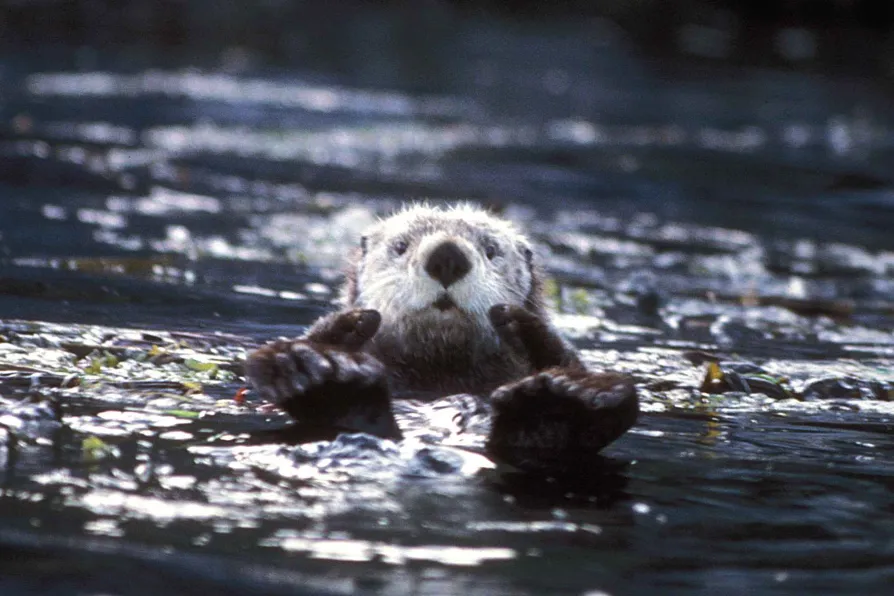As figures from Tucker Carlson to Nigel Farage flirt with neofascist rhetoric and mainstream leaders edge toward authoritarianism through war and repression, the conditions that once nurtured Hitlerism re-emerge — yet anti-war and anti-imperialist sentiments are also burgeoning anew, writes ANDREW MURRAY

 Sea otters are helping kelp forests to revive
Sea otters are helping kelp forests to revive
THERE is often much doom and gloom when it comes to the questions of climate change and biodiversity destruction.
There are big expectations for the upcoming Cop26 meeting in Glasgow, where it is hoped countries will put their money where their mouths are and set about making the changes needed to save the planet.
However, there is good news about things already happening to address the crisis. The recent Earthshot series on BBC1 told of a number of excellent initiatives across the world to deal with the environmental emergency.

From summit to summit, imperialist companies and governments cut, delay or water down their commitments, warn the Communist Parties of Britain, France, Portugal and Spain and the Workers Party of Belgium in a joint statement on Cop30

Nature's self-reconstruction is both intriguing and beneficial and as such merits human protection, write ROX MIDDLETON, LIAM SHAW and MIRIAM GAUNTLETT

ALAN SIMPSON warns of a dystopian crossroads where Trump’s wrecking ball meets AI-driven alienation, and argues only a Green New Deal can repair our fractured society before techno-feudalism consumes us all











